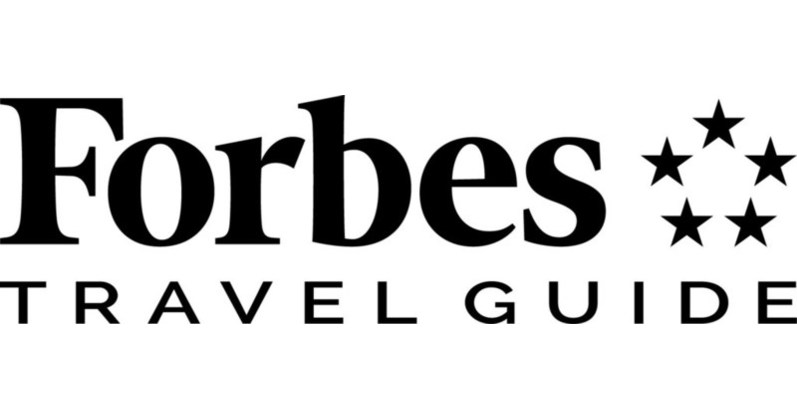NASHVILLE, Tenn. (WKRN) – Hotel business travel revenue is projected to be down by about $80 million in Nashville by the end of 2022, according to the American Hotel and Lodging Association. However, the 8% loss compared to 2019 is still much better than how hotels are faring nationwide.
“If you look at the state of Tennessee, and you look at Nashville specifically doing a lot better, really doing much better than the rest of the country, and a lot of credit has to go to the pro-business environment there,” said AHLA president/CEO Chip Rogers. “What we’ve seen across the country, really, since the beginning of the pandemic, is if the message is clear that we’re open for business, and that doesn’t change from time to time, and the restrictions don’t go on the books and off the books, people are much more likely to book travel.”
According to AHLA’s report, U.S. hotel business travel revenue is projected to be 23% below pre-pandemic levels in 2022, ending the year down more than $20 billion compared to 2019. Additionally, this comes after hotels lost an estimated $108 billion in business travel revenue during 2020 and 2021 combined while the federal assistance they received was about $50-$55 billion.
“Pre-pandemic, business travel, which is what you typically think of people going on a business trip, or a conference or large meeting, that constituted about 55% of all hotel revenue,” Rogers said. “Now it’s down to somewhere between 30% and 40% of hotel revenue, the mix has shifted dramatically.”
They are however seeing leisure travel already back to pre-pandemic levels with the possibility of being record-setting this summer. For the week ending April 16, 2022, Nashville’s hotel occupancy was at 68.8% versus 75.8% in 2019. The average daily rate was$167.09 versus $150.15 in 2019.
“What’s happening are people are checking in to a city at a hotel a day early, they’re sometimes staying a day late because they can work from their hotel room, they want to experience the city in Nashville is a perfect place to do that,” said Rogers. “What we’re actually seeing is those business trips are getting extended a little bit to become what we’d like to term leisure, business, and leisure mixed.”
According to Rogers, the major issue now is also staffing.
“If you ask any hotel, you’re right now anywhere in the country, what’s the biggest problem you face? They will tell you not enough people working at my hotel. You know, we’ve talked a lot about how much money has been lost over the last two years,” said Rogers. “Now we’re in a situation where the demand for the most part is there, the occupancy levels in Nashville are pretty much what they were back in 2019. But you don’t have enough workers.”
He said this can also have a ripple effect on revenue for related industries as well.
“When you have the large hotels, especially those that are connected to a convention center. Keep in mind those hotels with these large events, they have banquets, they have meals, and when they have those meals, serving hundreds and maybe thousands of people, those are where the jobs are,” Rogers explained. “So it’s those types of jobs, the food, and beverage-related jobs, that have not come back to our hotels that we desperately want to get back.”
He added that he believed cities needed a consistent message that office parks are open again.
“Particularly where we’re seeing most of the damage across the country are in urban city centers where people have not come back to the office yet. If people aren’t back in the office, they’re not going to have the business meeting, the convention centers. You know, some of these events are incredibly large so it takes time to replan them all,” said Rogers. “You see them there in Nashville. But once they get planned again, once people are back inside the office, again, we think business travel, we’ll be right back where it was.”
They’re not expecting a return to normal revenue for business travel until 2023.









